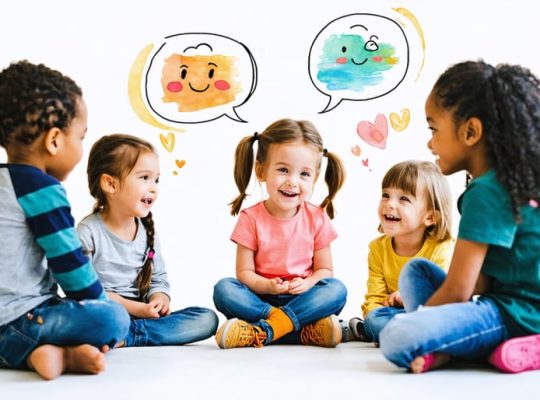7 Proven Strategies to Conquer Parental Stress and Reclaim Your Peace
Identify your stress triggers and develop personalized coping strategies. Focus on self-care by scheduling “me time,” engaging in hobbies, and practicing mindfulness. Build a support network of family, friends, and professionals to share challenges and receive guidance on conquering parental stress. Implement positive parenting techniques, such as active listening, clear communication, and consistent routines, to foster a nurturing home environment.
Recognize the Signs of Parental Stress
…










